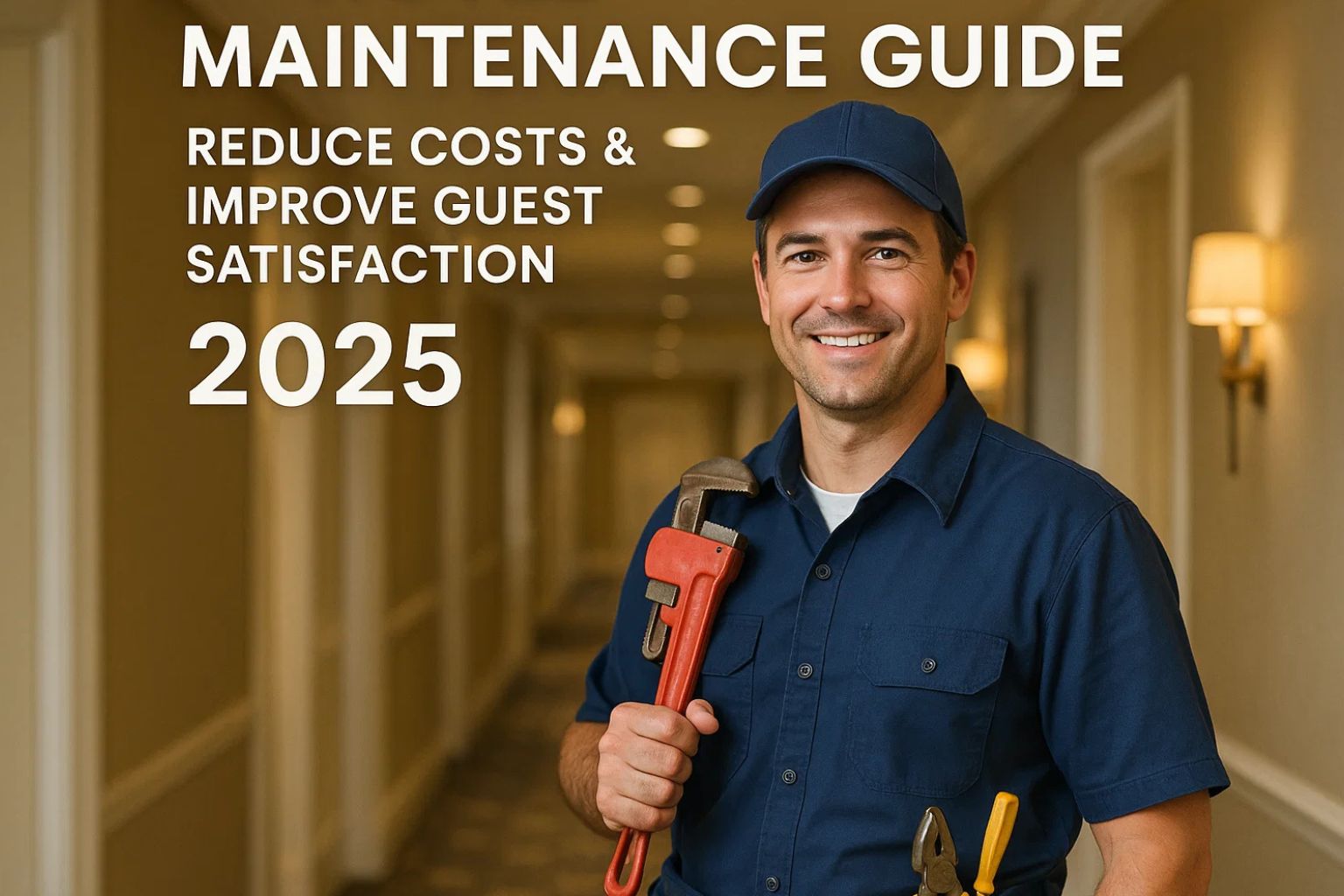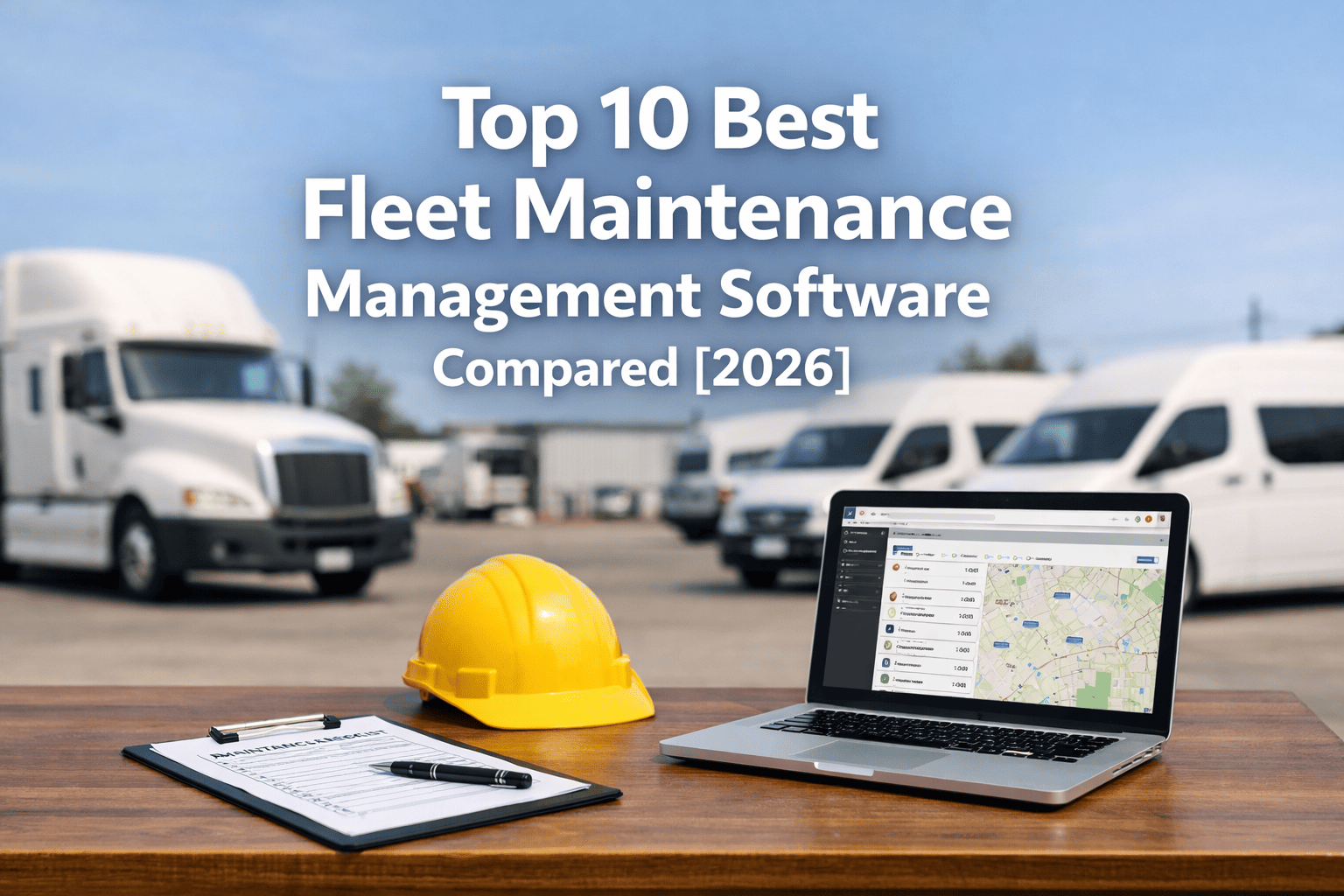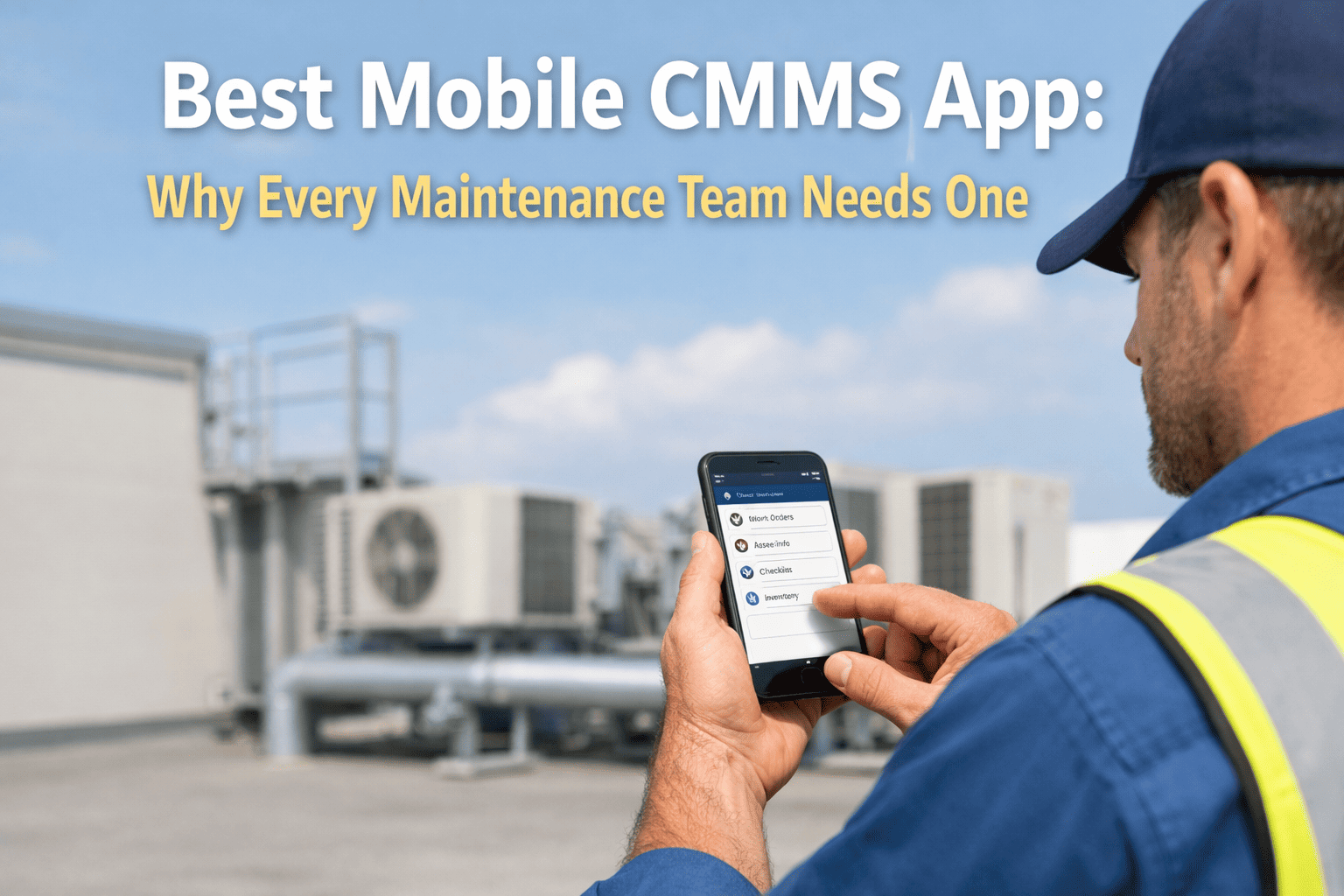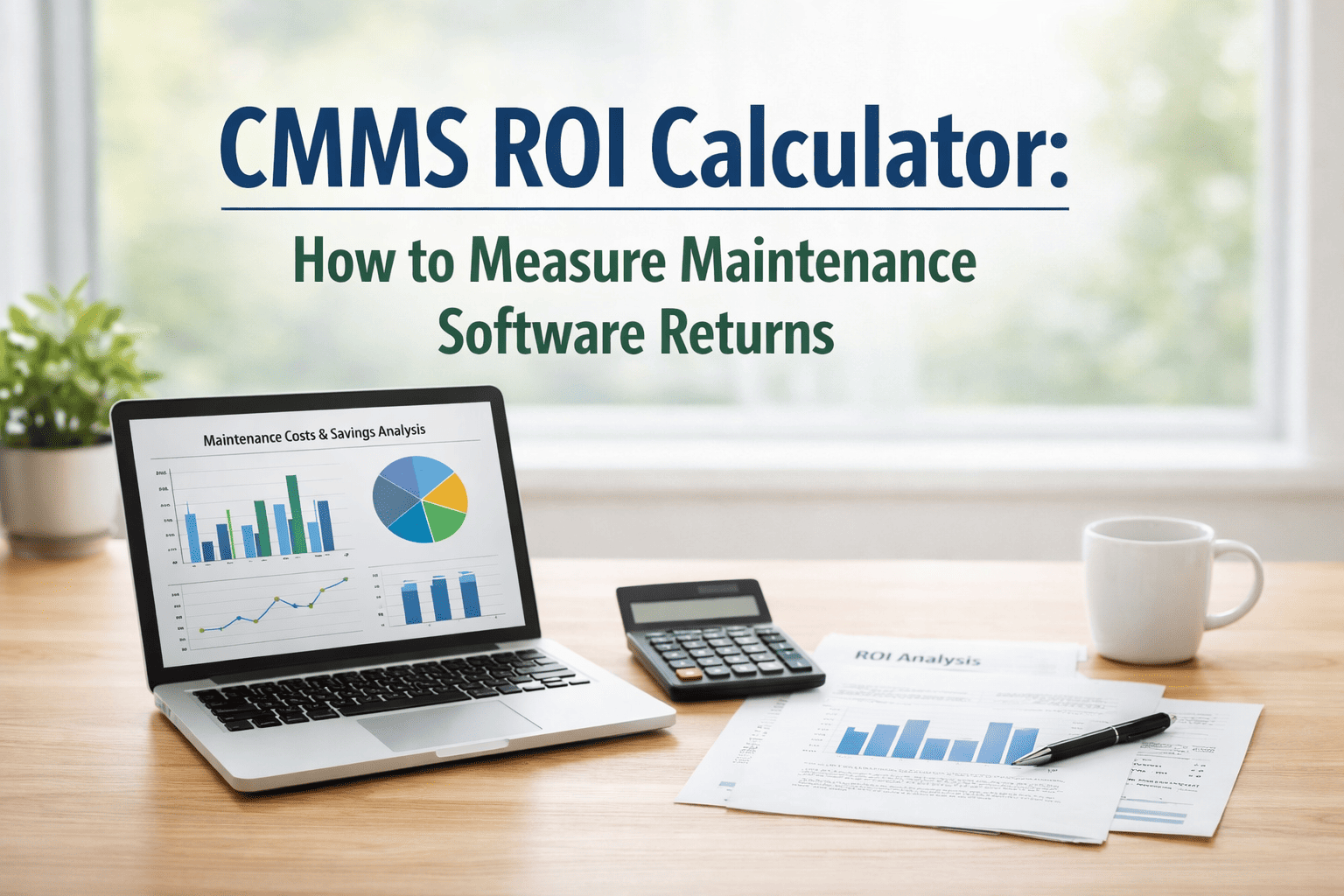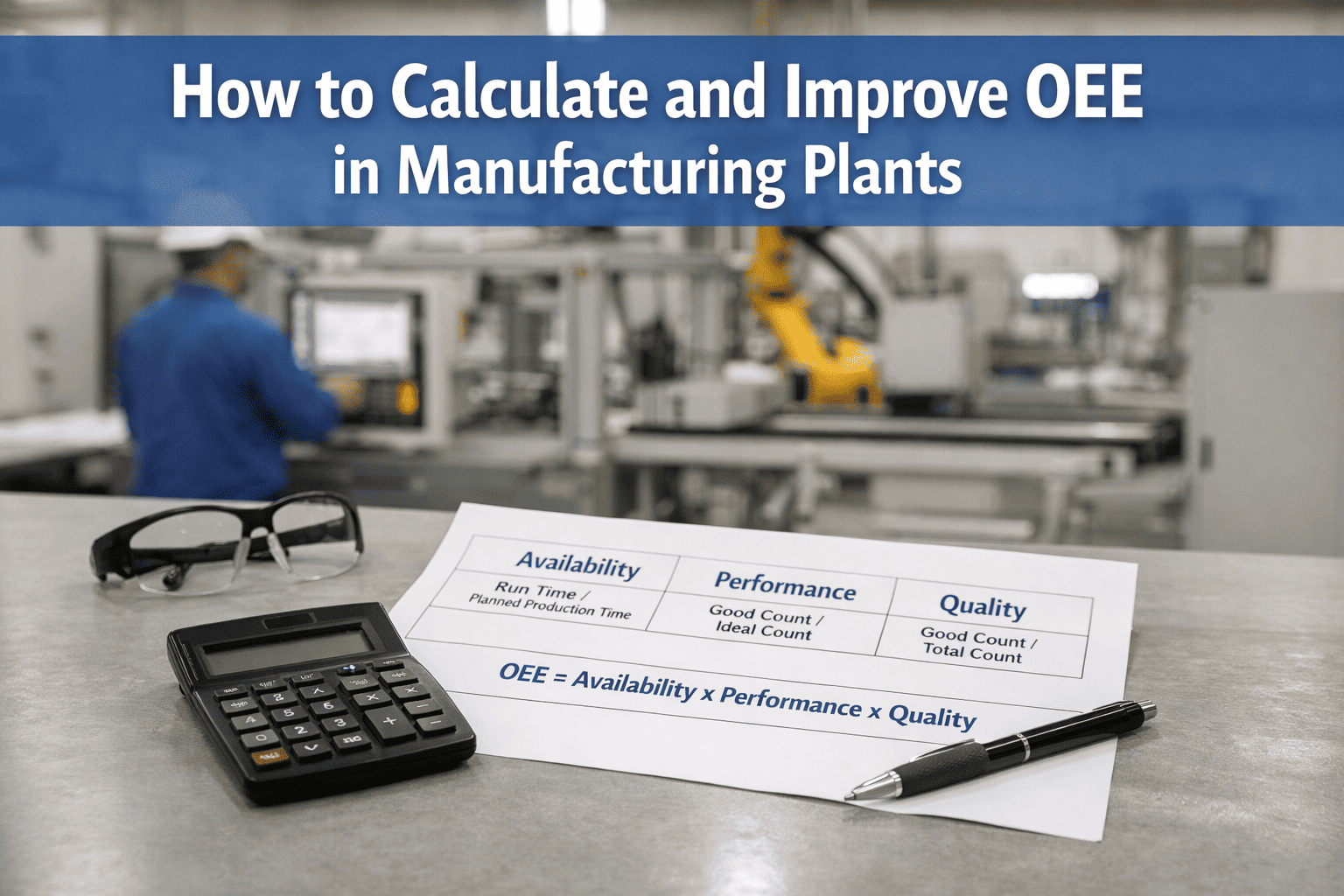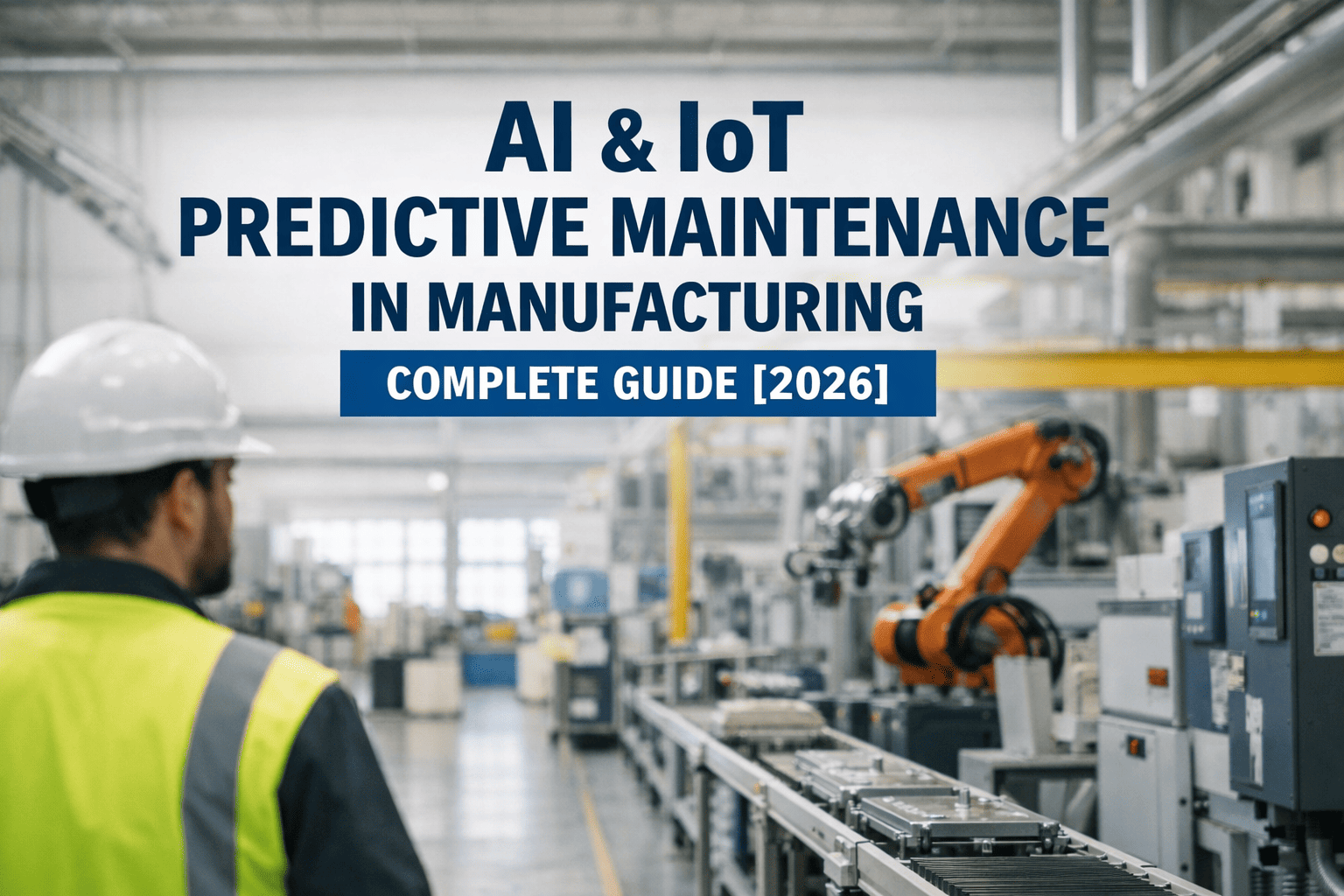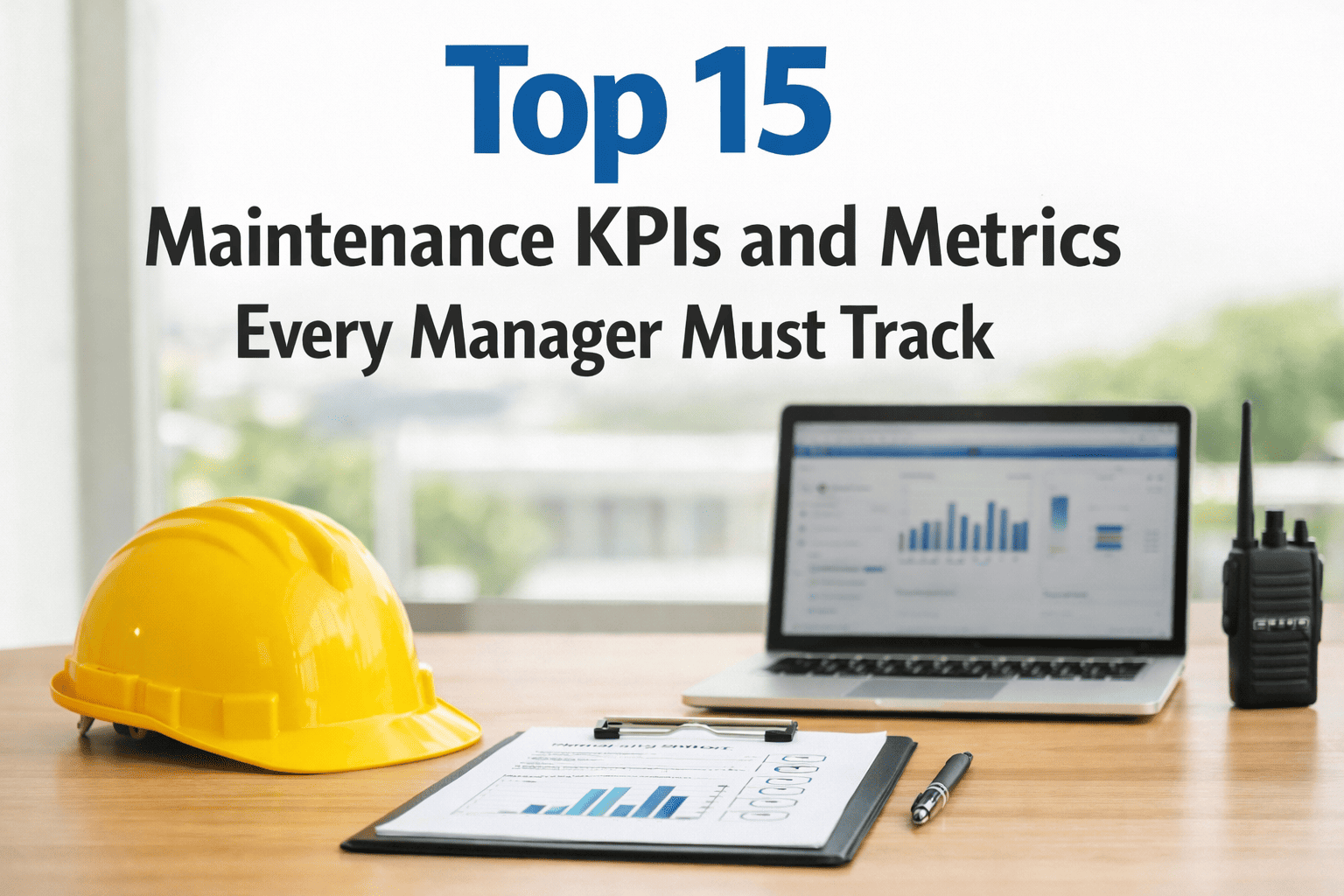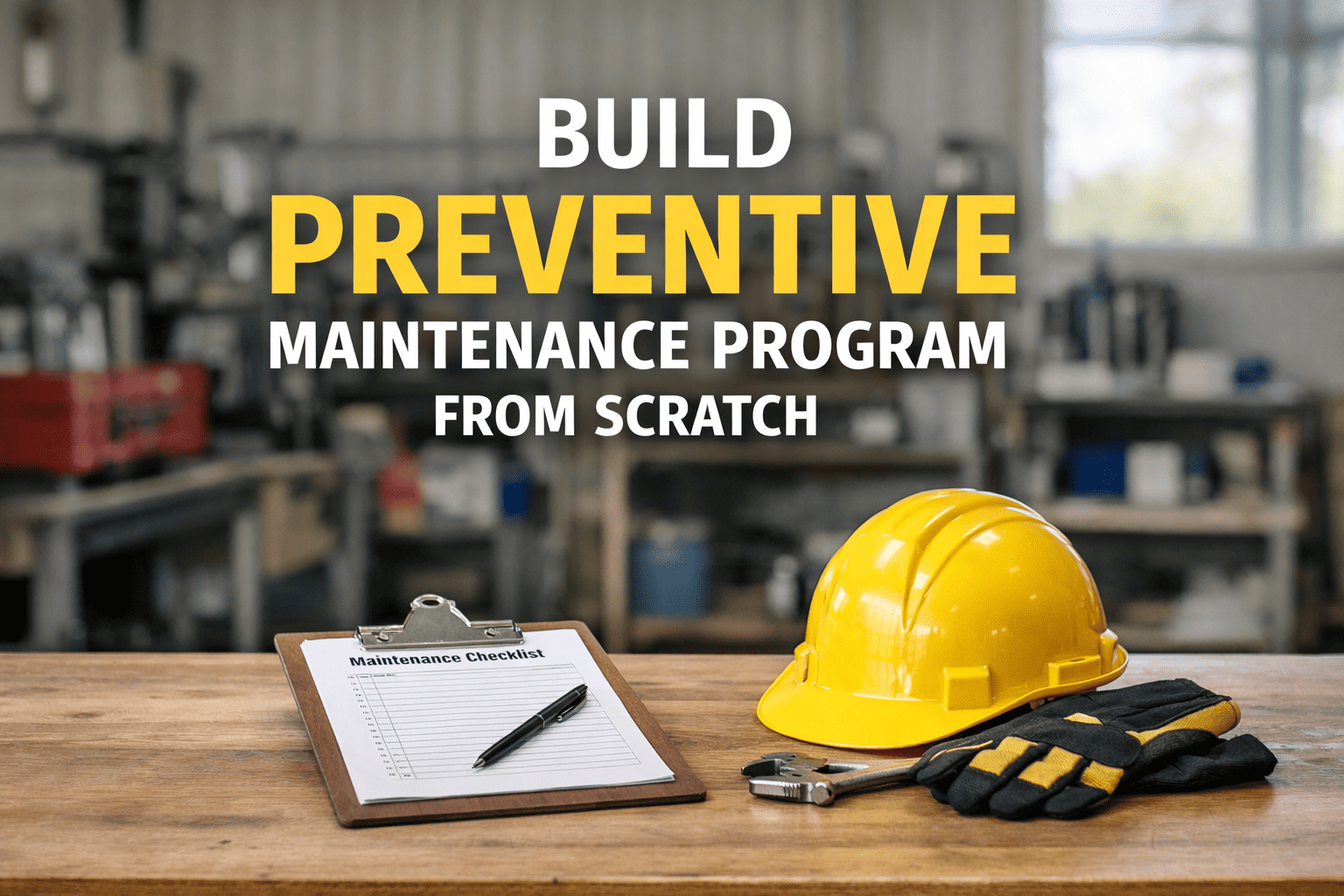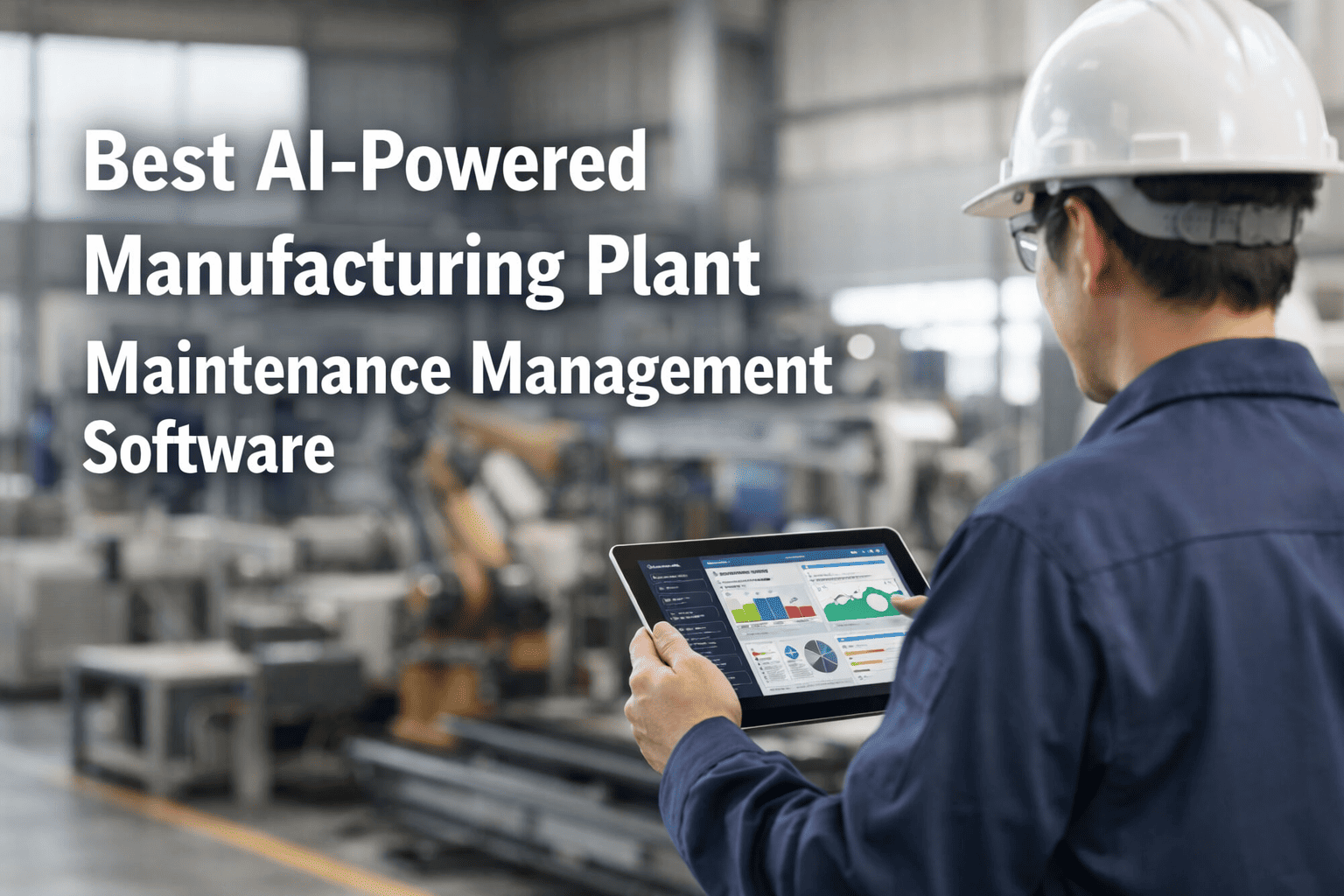In the highly competitive hospitality industry, effective hotel maintenance management directly impacts both operational costs and guest satisfaction scores. Hotels that implement comprehensive maintenance management systems can reduce operational costs by 25-35% while significantly improving guest experience ratings. As we navigate 2025, the integration of advanced hotel maintenance software, computerized maintenance management systems (CMMS), and data-driven preventive maintenance programs has become essential for maintaining competitive advantage in the hospitality sector.
This comprehensive hotel maintenance guide explores proven strategies for optimizing facility maintenance operations, selecting the best maintenance management software, and implementing preventive maintenance programs that protect asset investments while ensuring exceptional guest experiences. From property management system integration to mobile work order management, discover how leading hotels are leveraging technology and best practices to achieve operational excellence while building guest loyalty through consistently maintained facilities and seamless service delivery.
The Business Case for Proactive Hotel Maintenance
Modern hotel maintenance extends far beyond fixing broken equipment. Strategic maintenance management directly influences revenue generation, guest satisfaction metrics, and long-term asset preservation. Hotels implementing comprehensive maintenance management systems report significant improvements across multiple operational areas.
Key Performance Indicators for Hotel Maintenance:
- Cost Reduction: 25-35% decrease in maintenance expenses through preventive programs
- Guest Satisfaction: 40-50% reduction in maintenance-related complaints
- Asset Lifespan: 20-30% extension of equipment life through proper maintenance
- Energy Efficiency: 15-25% reduction in utility costs via optimized systems
- Staff Productivity: 30-40% improvement in maintenance team efficiency
- Revenue Protection: 95%+ room availability through proactive maintenance
Impact on Guest Satisfaction
Guest satisfaction directly correlates with maintenance quality across multiple touchpoints. Research indicates that maintenance-related issues account for 35-45% of negative guest reviews, making effective facility maintenance crucial for reputation management and revenue optimization.
| Maintenance Area | Guest Impact Rating | Revenue Impact | Complaint Frequency |
|---|---|---|---|
| HVAC Systems | 9.2/10 | High - affects room comfort | 28% of maintenance complaints |
| Plumbing/Water Systems | 8.8/10 | High - impacts basic functionality | 22% of maintenance complaints |
| Electrical Systems | 8.5/10 | Medium - affects convenience | 18% of maintenance complaints |
| Internet/WiFi | 9.0/10 | High - modern necessity | 15% of maintenance complaints |
| Elevators | 7.8/10 | Medium - accessibility impact | 12% of maintenance complaints |
| Common Areas | 7.5/10 | Medium - first impressions | 5% of maintenance complaints |
Hotel Maintenance Software Selection Guide
Essential Features in Hotel Maintenance Software
Selecting the best maintenance management software requires understanding hotel-specific needs and integration requirements with existing hospitality systems. Modern hotel maintenance software must seamlessly integrate with property management systems (PMS) while providing comprehensive facility maintenance capabilities.
Core CMMS Software Features for Hotels:
- Work Order Management System: Automated work order creation, assignment, and tracking
- Preventive Maintenance Scheduling: Automated PM programs based on time, usage, or conditions
- Asset Management System: Complete equipment inventory and lifecycle tracking
- Mobile Maintenance Software: Field access for maintenance staff via smartphones/tablets
- Integration Capabilities: Seamless connection with hotel property management systems
- Inventory Management: Parts tracking, automated reordering, and cost control
- Reporting and Analytics: KPI tracking, cost analysis, and performance metrics
- Guest Request Integration: Direct connection from guest services to maintenance
Top Hotel Maintenance Software Comparison 2025
| Software Solution | Starting Price | Best For | Key Strengths | Free Trial |
|---|---|---|---|---|
| UpKeep CMMS | $35/user/month | Mid-size hotels | Mobile-first design, easy implementation | 30-day free trial |
| ServiceChannel | Custom pricing | Hotel chains | Multi-location management, vendor network | Free demo available |
| Maintenance Connection | $50/user/month | Large hotels | Comprehensive features, customization | 30-day free trial |
| FacilityONE | $29/user/month | Boutique hotels | Hospitality-specific features | Free trial available |
| Hippo CMMS | $45/user/month | All hotel sizes | User-friendly interface, analytics | 30-day free trial |
Implementation Best Practices
Successful hotel maintenance software implementation requires strategic planning, staff training, and phased rollout to ensure adoption and maximize ROI.
CMMS Implementation Timeline:
- Phase 1 (Weeks 1-2): System setup, data migration, basic configuration
- Phase 2 (Weeks 3-4): Staff training, pilot testing with select departments
- Phase 3 (Weeks 5-6): Full rollout, integration with PMS and other systems
- Phase 4 (Weeks 7-8): Optimization, reporting setup, performance monitoring
- Ongoing: Continuous improvement, advanced feature adoption
Preventive Maintenance Programs for Hotels
Building Effective Preventive Maintenance Schedules
Preventive maintenance programs form the foundation of cost-effective hotel operations. Well-designed preventive maintenance schedules reduce emergency repairs by 70-80% while extending equipment life and maintaining guest comfort standards.
Critical Hotel Systems Maintenance Schedule:
| System/Equipment | Daily Tasks | Weekly Tasks | Monthly Tasks | Quarterly Tasks |
|---|---|---|---|---|
| HVAC Systems | Visual inspection, temperature monitoring | Filter checks, thermostat calibration | Filter replacement, coil cleaning | Complete system inspection, professional service |
| Plumbing | Check for leaks, water pressure | Drain cleaning, fixture inspection | Water quality testing, valve operation | Pipe inspection, water heater service |
| Electrical | Safety check, emergency lighting | Outlet testing, surge protector inspection | Panel inspection, load monitoring | Professional electrical inspection |
| Elevators | Visual/audio inspection | Emergency phone test, button function | Professional service visit | Comprehensive safety inspection |
| Fire Safety | Exit light check, alarm panel | Emergency procedures review | Fire extinguisher inspection | System testing, professional inspection |
Room-Level Preventive Maintenance
Guest room maintenance directly impacts satisfaction scores and requires systematic approaches to ensure consistency across all accommodations.
Guest Room Preventive Maintenance Checklist:
- Monthly Room Inspections: Complete 15-point inspection including HVAC, plumbing, electrical, and amenities
- Quarterly Deep Maintenance: Detailed equipment service, soft goods evaluation, deep cleaning
- Annual Room Audits: Comprehensive assessment for capital improvement planning
- Technology Updates: WiFi optimization, TV system updates, smart room technology maintenance
- Safety Compliance: Smoke detector testing, emergency equipment inspection
Work Order Management and Optimization
Streamlining Work Order Processes
Efficient work order management systems reduce response times, improve guest satisfaction, and optimize maintenance staff productivity. Modern hotel maintenance software enables automated work order creation and intelligent assignment based on priority, location, and technician skills.
Work Order Priority Classification:
| Priority Level | Response Time | Examples | Guest Impact |
|---|---|---|---|
| Emergency (P1) | Immediate (15 minutes) | No heat/AC, water leaks, electrical hazards | Critical - potential room evacuation |
| Urgent (P2) | 2 hours | Toilet issues, TV problems, WiFi outages | High - guest comfort affected |
| Standard (P3) | Same day | Light bulbs, minor repairs, cosmetic issues | Medium - guest convenience |
| Low (P4) | 48-72 hours | Preventive maintenance, improvements | Low - minimal guest impact |
Mobile Work Order Management
Mobile maintenance software enables real-time communication, faster response times, and improved documentation quality. Maintenance staff can receive assignments, update progress, and complete work orders directly from mobile devices.
Benefits of Mobile Work Order Systems:
- Response Time Reduction: 40-50% faster response to guest requests
- Documentation Quality: Real-time photos, notes, and completion verification
- Staff Efficiency: 25-30% improvement in completed work orders per day
- Guest Communication: Automatic updates on repair status and completion
- Inventory Management: Real-time parts usage tracking and automatic reordering
Asset Management and Lifecycle Planning
Hotel Equipment Inventory Management
Comprehensive asset management systems track equipment conditions, maintenance history, and replacement schedules to optimize capital expenditures and prevent unexpected failures.
Critical Hotel Assets and Lifecycle Management:
| Asset Category | Average Lifespan | Replacement Cost per Room | Maintenance Cost (Annual) |
|---|---|---|---|
| HVAC Units | 12-15 years | $1,200-2,500 | $180-350 |
| Water Heaters | 8-12 years | $800-1,500 | $120-250 |
| Elevators | 20-25 years | $75,000-150,000 | $8,000-15,000 |
| Kitchen Equipment | 10-15 years | $2,000-5,000 | $300-600 |
| Guest Room TVs | 5-7 years | $300-800 | $25-50 |
| Laundry Equipment | 10-12 years | $15,000-30,000 | $2,000-4,000 |
Predictive Maintenance Implementation
Advanced hotels implement predictive maintenance using IoT sensors and data analytics to predict equipment failures before they occur, further reducing costs and improving reliability.
Predictive Maintenance Technologies:
- Vibration Monitoring: Early detection of mechanical issues in pumps, motors, and HVAC equipment
- Temperature Sensors: Continuous monitoring of critical equipment operating temperatures
- Energy Monitoring: Identification of efficiency degradation and potential failures
- Water Quality Sensors: Real-time monitoring of water systems and early leak detection
- AI Analytics: Machine learning algorithms to predict optimal maintenance timing
Cost Reduction Strategies
Maintenance Budget Optimization
Effective maintenance budget management balances cost control with service quality through strategic spending allocation and performance monitoring.
Hotel Maintenance Budget Allocation (Industry Standards):
- Labor Costs: 45-55% of maintenance budget
- Parts and Materials: 25-30% of maintenance budget
- Contracted Services: 15-20% of maintenance budget
- Equipment and Tools: 5-8% of maintenance budget
- Training and Certification: 2-5% of maintenance budget
Energy Efficiency Maintenance
Maintenance programs focused on energy efficiency can reduce utility costs by 15-25% while improving guest comfort and environmental sustainability.
| Energy Efficiency Measure | Implementation Cost | Annual Savings per Room | Payback Period |
|---|---|---|---|
| LED Lighting Conversion | $150-300 per room | $85-150 | 12-24 months |
| Smart Thermostats | $200-400 per room | $120-250 | 18-30 months |
| Water-Saving Fixtures | $100-250 per room | $60-120 | 15-28 months |
| Window Film/Insulation | $8-15 per sq ft | $180-350 | 24-36 months |
Staff Training and Development
Maintenance Team Skill Development
Investing in maintenance staff training and certification programs improves service quality, reduces equipment damage, and enhances career satisfaction leading to lower turnover rates.
Essential Training Programs for Hotel Maintenance Staff:
- HVAC Certification: EPA certification for refrigerant handling, system diagnostics
- Electrical Safety: OSHA electrical safety training, lockout/tagout procedures
- Plumbing Systems: Commercial plumbing repair, water quality management
- Guest Service: Customer interaction skills, professional communication
- Technology Training: CMMS software usage, mobile app proficiency
- Emergency Procedures: Fire safety, medical emergencies, evacuation protocols
Performance Management and KPIs
Establishing clear maintenance key performance indicators helps track progress, identify improvement opportunities, and align team performance with hotel objectives.
| KPI Category | Metric | Industry Benchmark | Measurement Frequency |
|---|---|---|---|
| Response Time | Average response to guest requests | <30 minutes for urgent issues | Daily |
| Cost Control | Maintenance cost per available room | $8-15 per room per month | Monthly |
| Efficiency | Work orders completed per technician | 12-18 per day | Weekly |
| Guest Satisfaction | Maintenance-related complaints | <2% of total stays | Monthly |
| Equipment Reliability | Unplanned downtime percentage | <5% of operating time | Monthly |
Integration with Hotel Operations
PMS Integration Best Practices
Seamless integration between maintenance management systems and property management systems enables automated work order creation, guest communication, and operational efficiency improvements.
Key Integration Points:
- Guest Request Automation: Direct work order creation from guest services calls
- Room Status Updates: Real-time room availability updates based on maintenance completion
- Billing Integration: Automatic cost allocation for departmental budgeting
- Reporting Consolidation: Combined operational and maintenance reporting dashboards
- Staff Scheduling: Coordinated scheduling between housekeeping and maintenance
Guest Communication Protocols
Effective communication during maintenance activities minimizes guest disruption and maintains satisfaction levels even when repairs are necessary.
Guest Communication Best Practices:
- Advance Notice: 24-48 hour notice for planned maintenance affecting guest areas
- Alternative Arrangements: Temporary relocation or amenity access during major repairs
- Progress Updates: Regular communication on repair status and completion timeline
- Compensation Protocols: Clear guidelines for service recovery when maintenance impacts stay
- Follow-up Procedures: Post-repair verification and guest satisfaction confirmation
Frequently Asked Questions (FAQs)
What is the average cost of implementing hotel maintenance software?
Hotel maintenance software costs typically range from $25-75 per user per month, depending on features and hotel size. Implementation costs include software setup ($2,000-10,000), data migration ($1,000-5,000), training ($500-2,000), and integration with existing systems ($1,000-8,000). Most hotels achieve ROI within 12-18 months through reduced labor costs, improved efficiency, and decreased emergency repairs. Many vendors offer 30-day free trials to evaluate software before purchase.
How can preventive maintenance reduce hotel operating costs?
Preventive maintenance programs typically reduce total maintenance costs by 25-35% through several mechanisms: preventing 70-80% of emergency repairs, extending equipment life by 20-30%, reducing energy consumption by 15-25% through optimized systems, minimizing guest complaints and compensation costs, and improving staff productivity by 30-40%. The key is consistent execution of scheduled maintenance tasks and proper documentation of all activities.
What are the most important features to look for in hotel maintenance software?
Essential features include work order management with mobile access, preventive maintenance scheduling, asset and inventory management, integration with property management systems, real-time reporting and analytics, guest request tracking, vendor management capabilities, and compliance documentation. Look for user-friendly interfaces, reliable customer support, and scalability to accommodate hotel growth. Cloud-based solutions offer better accessibility and automatic updates.
How should hotels prioritize maintenance work orders?
Work order prioritization should be based on guest impact, safety concerns, and operational requirements. Emergency repairs (P1) affecting guest safety or comfort require immediate response within 15 minutes. Urgent issues (P2) impacting guest experience should be addressed within 2 hours. Standard requests (P3) should be completed same-day, while low-priority items (P4) can be scheduled within 48-72 hours. Establish clear criteria and train staff on proper classification.
What maintenance tasks should be performed daily in hotels?
Daily maintenance tasks include HVAC system monitoring and temperature checks, plumbing inspection for leaks and water pressure, electrical safety checks and emergency lighting tests, elevator visual and audio inspections, fire safety system status verification, common area cleanliness and functionality checks, and guest room maintenance request responses. These tasks help identify issues early and maintain guest satisfaction while preventing major system failures.
How can hotels measure maintenance team performance?
Key performance indicators include average response time to guest requests (target: <30 minutes for urgent issues), work orders completed per technician per day (target: 12-18), maintenance cost per available room (target: $8-15 monthly), guest satisfaction scores related to maintenance, equipment uptime percentage (target: >95%), and preventive maintenance completion rate (target: >90%). Regular monitoring and feedback help maintain high performance standards.
What is the ROI of implementing a CMMS system in hotels?
Hotels typically achieve 200-400% ROI within 18-24 months from CMMS implementation. Benefits include 25-35% reduction in maintenance costs, 30-40% improvement in staff productivity, 40-50% reduction in equipment downtime, 15-25% decrease in energy costs, and improved guest satisfaction leading to higher occupancy rates. The system pays for itself through operational efficiencies and cost savings while providing better guest experiences.
How often should hotel equipment be inspected and maintained?
Maintenance frequency varies by equipment type: HVAC systems require daily monitoring with monthly filter changes and quarterly professional service, elevators need daily checks with monthly professional service, plumbing systems require weekly inspections with monthly detailed checks, electrical systems need weekly testing with quarterly professional inspections, and fire safety systems require monthly testing with annual certifications. Follow manufacturer recommendations and local regulations.
What are the best practices for hotel asset management?
Effective asset management includes maintaining complete equipment inventories with purchase dates, warranties, and service histories, implementing lifecycle planning for timely replacements, tracking maintenance costs per asset to identify problems, using predictive maintenance technologies where appropriate, standardizing equipment brands to reduce parts inventory, documenting all service activities, and planning capital expenditures based on asset condition and performance data.
How can hotels reduce energy costs through maintenance programs?
Energy-focused maintenance includes regular HVAC filter changes and system tune-ups, LED lighting conversion and fixture cleaning, smart thermostat installation and calibration, water-saving fixture installation, building envelope maintenance including window seals and insulation, equipment efficiency monitoring and optimization, and staff training on energy conservation practices. These measures typically reduce energy costs by 15-25% while improving guest comfort.
What training is essential for hotel maintenance staff?
Essential training includes HVAC certification and EPA refrigerant handling, electrical safety and OSHA compliance, plumbing repair and water quality management, guest service and communication skills, CMMS software and mobile app usage, emergency procedures and safety protocols, equipment-specific training for major systems, and ongoing professional development. Invest in certifications that improve service quality and reduce liability risks.
How should hotels handle maintenance during peak occupancy periods?
Peak period strategies include scheduling non-urgent maintenance during off-peak times, maintaining higher staffing levels for faster response, prioritizing guest-impacting issues, using predictive maintenance to prevent failures, coordinating with housekeeping for room access, having backup equipment ready for critical systems, maintaining emergency parts inventory, and communicating proactively with guests about any necessary maintenance activities. Plan maintenance schedules around occupancy forecasts.
Conclusion
Effective hotel maintenance management in 2025 requires a strategic approach combining advanced technology, systematic processes, and skilled personnel to achieve optimal cost control and guest satisfaction. By implementing comprehensive maintenance management systems, hotels can reduce operational costs by 25-35% while significantly improving guest experience ratings and protecting valuable asset investments.
The integration of hotel maintenance software, preventive maintenance programs, and mobile work order management creates operational efficiencies that directly impact profitability and competitive positioning. Hotels that invest in proper maintenance management systems, staff training, and technology integration consistently outperform competitors in both financial metrics and guest satisfaction scores.
Success in hotel maintenance requires ongoing commitment to best practices, continuous improvement, and adaptation to emerging technologies. By following the strategies and guidelines outlined in this comprehensive guide, hotels can build maintenance operations that support sustainable business growth while delivering exceptional guest experiences that drive loyalty and positive reviews. The investment in proper maintenance management pays dividends through reduced costs, improved reliability, and enhanced reputation in the competitive hospitality marketplace.
Ready to Reduce Hotel Maintenance Costs and Boost Guest Satisfaction?
Start optimizing your hotel operations today with proven strategies, advanced CMMS solutions, and proactive maintenance programs.
